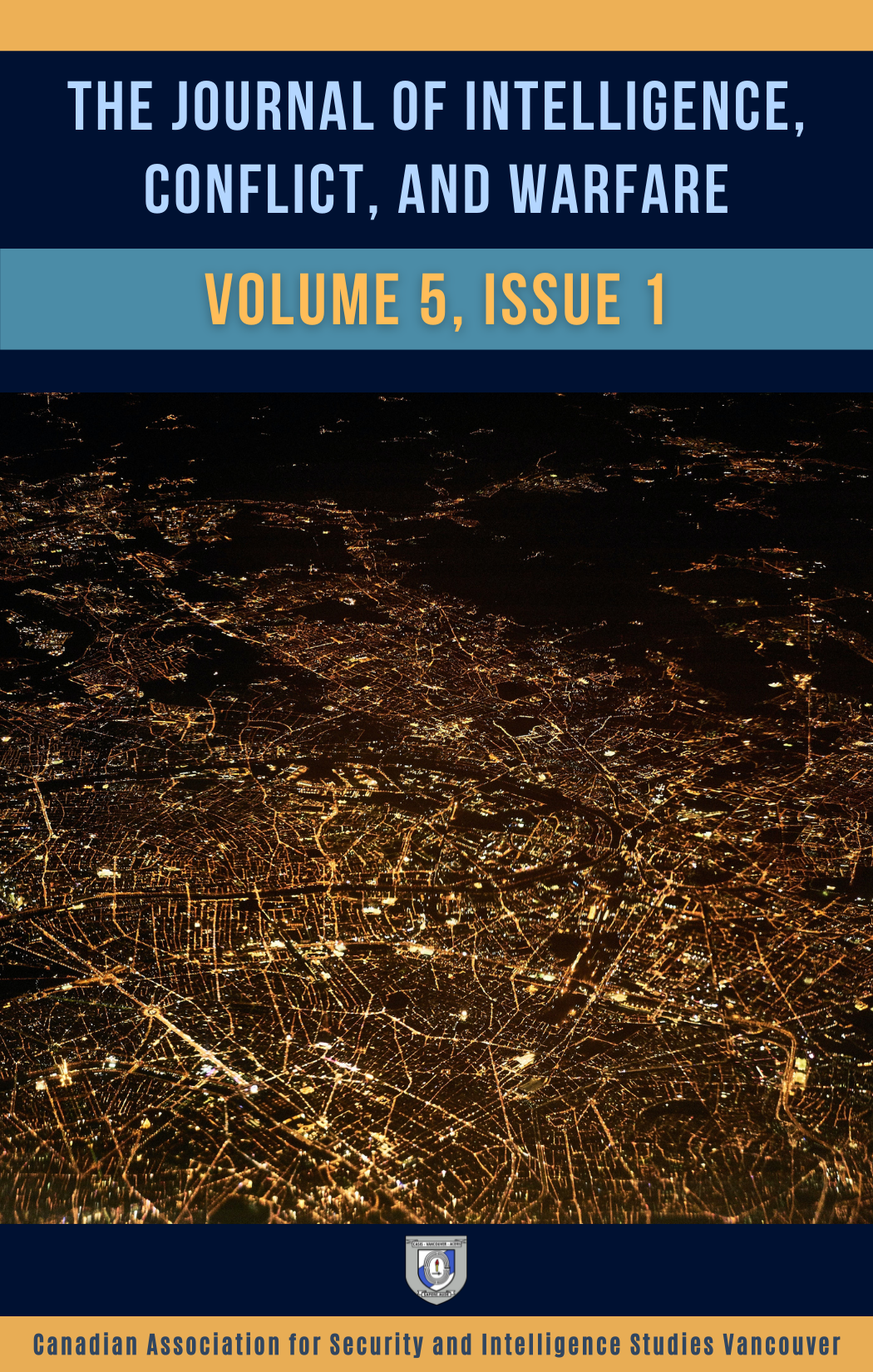Résumé
United States (U.S.) civilian and military intelligence services increasingly have engaged with local intelligence services, either in an advisory role or direct coordination or liaison. In many cases, the intelligence officers have tended to try to remake the local intelligence services in the image of U.S. intelligence structures and procedures, with these efforts rather futile in most cases. One factor that has led to considerable frustration and potential failure has been a lack of understanding of the culture of local intelligence systems. Understanding both the subtleties of an area’s social norms and mores, and the bureaucratic and historical cultures of other intelligence services remain critical factors in long-term success. Using case studies of environments in which established intelligence services have worked with emergent intelligence agencies, this paper examines the requirements for incorporating both larger cultural approaches and detailed knowledge of other intelligence bureaucracies.
Received: 2021-12-14
Revised: 2022-03-14

Cette œuvre est sous licence Creative Commons Attribution - Pas d'Utilisation Commerciale - Pas de Modification 4.0 International.
(c) Tous droits réservés Lawrence Cline 2022
